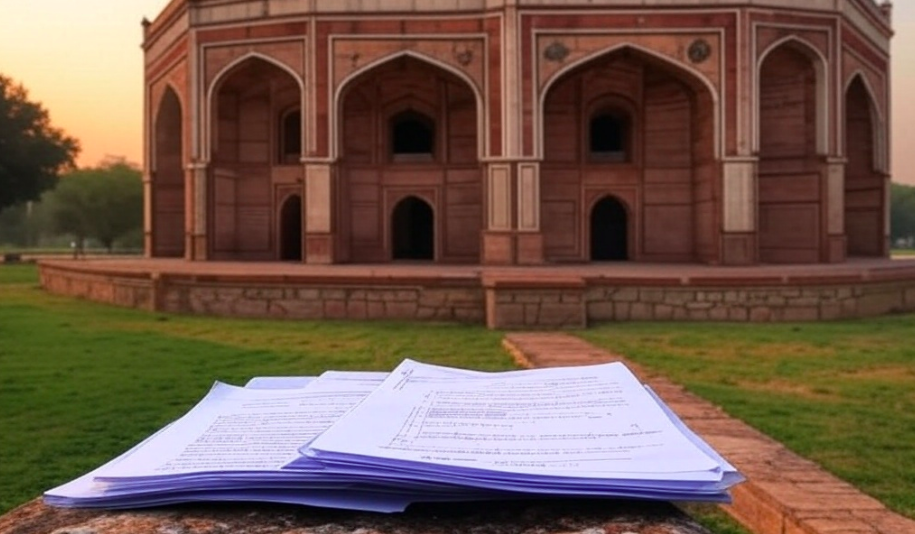Sex is child’s play; but gender is a serious business. ~Yoval Noah Harari
We are living in a biased society where all human beings are not treated as equals. Women are the worst sufferers of these biases. Chimamanda Ngozi Adichie, a celebrated Nigerian novelist in her book “We Should Be All Feminists” argues that women are not inferior to men in any field and any stage of life. The book counters the existing norms of society which makes men dominant and women subordinate. Chimamanda shares her experience in “We Should Be All Feminists” as a woman. She looks in the life of women in general and Nigerian women in particular. She introduces the meaning of feminism in a mixture of fun and resentment and shows how the word ‘feminism’ could have a different meaning for different people.
Chimamanda firstly called herself a ‘feminist’; then someone advised her that women feminists are unhappy because they can not find husbands, then she began to call herself a ‘Happy Feminist’; then one Nigerian academic told her that feminism is un-African, then she began to call herself a ‘Happy African Feminist’; then one of her friends told that calling herself a feminist meant that she hates men, then she began to call herself a ‘Happy African Feminist Who Does Not Hate Men’.
She further writes that feminism is so heavy with baggage, the negative baggage: you hate men, you hate bras, you hate African culture, you think women always be in charge and so on. In this short book, Chimamanda portraits the vicious and tempest norms of society against women. Women howl but no one listens because everyone thinks all is well. Not only men but also women believe that the existing culture is unquestionable. And it is supposed that all the members of society should accept cultural and social norms.
Once the society creates the boundary of gender roles then it is supposed that no one should cross this boundary of gender, especially women. It is obligatory to question the eternal cultural norms to make a just society for just means. Chimamanda shares that a hundred years ago, Igbo culture considered the birth of twins as an evil omen. Today that practice is unimaginable to all Igbo people. Cultures and traditions should be challenged to bring justice to every member of society. As Karl Marx said that the traditions of the dead generations weigh like a nightmare upon the living.
If the cultures and traditions violate the freedom of someone then it is better to change it. Chimamanda gives a certain example that how women are facing discrimination in day to day life and even this discrimination do not consider discrimination. Once she went to a restaurant with her male friend and she gave money as a tip to a man. That man took the money and said ‘thank you’ to her male friend. Why did not he thank her? Because he thought that whatever money she had, ultimately came from a man.
Literally, men rule the world at present and men also ruled the world one thousand years ago. But one thousand years ago a physically stronger person was supposed to lead. At present, this is the age of artificial intelligence and technology. She argues that the most knowledgeable, creative and intelligent person is qualified to lead not the more physically stronger person, both men and women can be knowledgeable, creative and intelligent.
But even today, more responsible positions are given to the men and sometimes it very unimaginable for the society that how a woman can hold a particular position. The best example of it is the author’s own experience- her teacher announced that whoever will score highest in the test will become the class monitor. Chimamanda scored the highest mark but her teacher announced that the monitor had to be a boy. A boy became the monitor despite his disinterest to become the monitor. This is how our society works.
Regarding this notion of manliness, she fits her argument- “we have evolved. But our ideas of gender have not evolved very much.” She clears another question on why not human rights? Why feminism? She answers that feminism is part of human rights and it deals with specific and particular problems of gender which are not wholly covered in the ambit of human rights.








